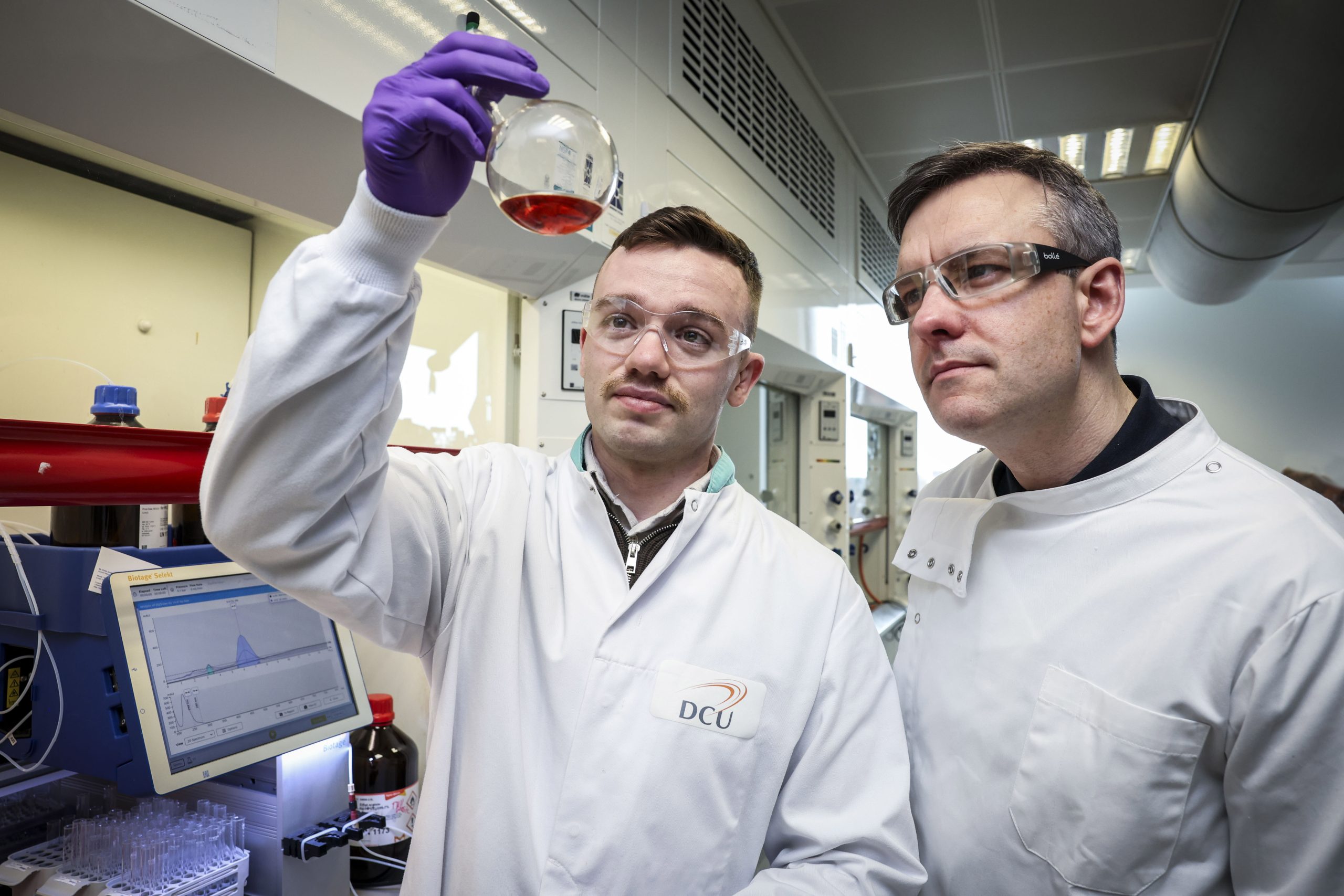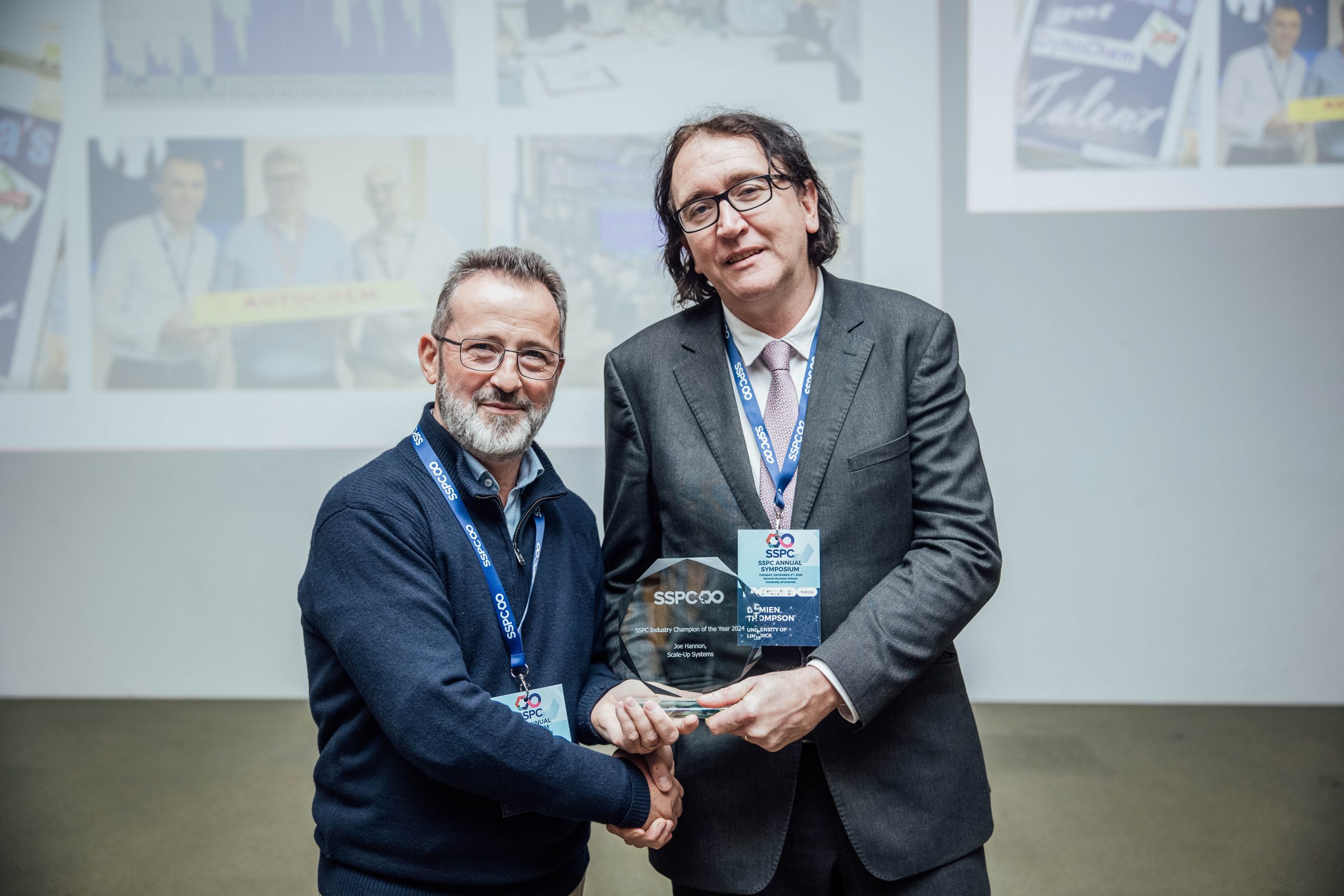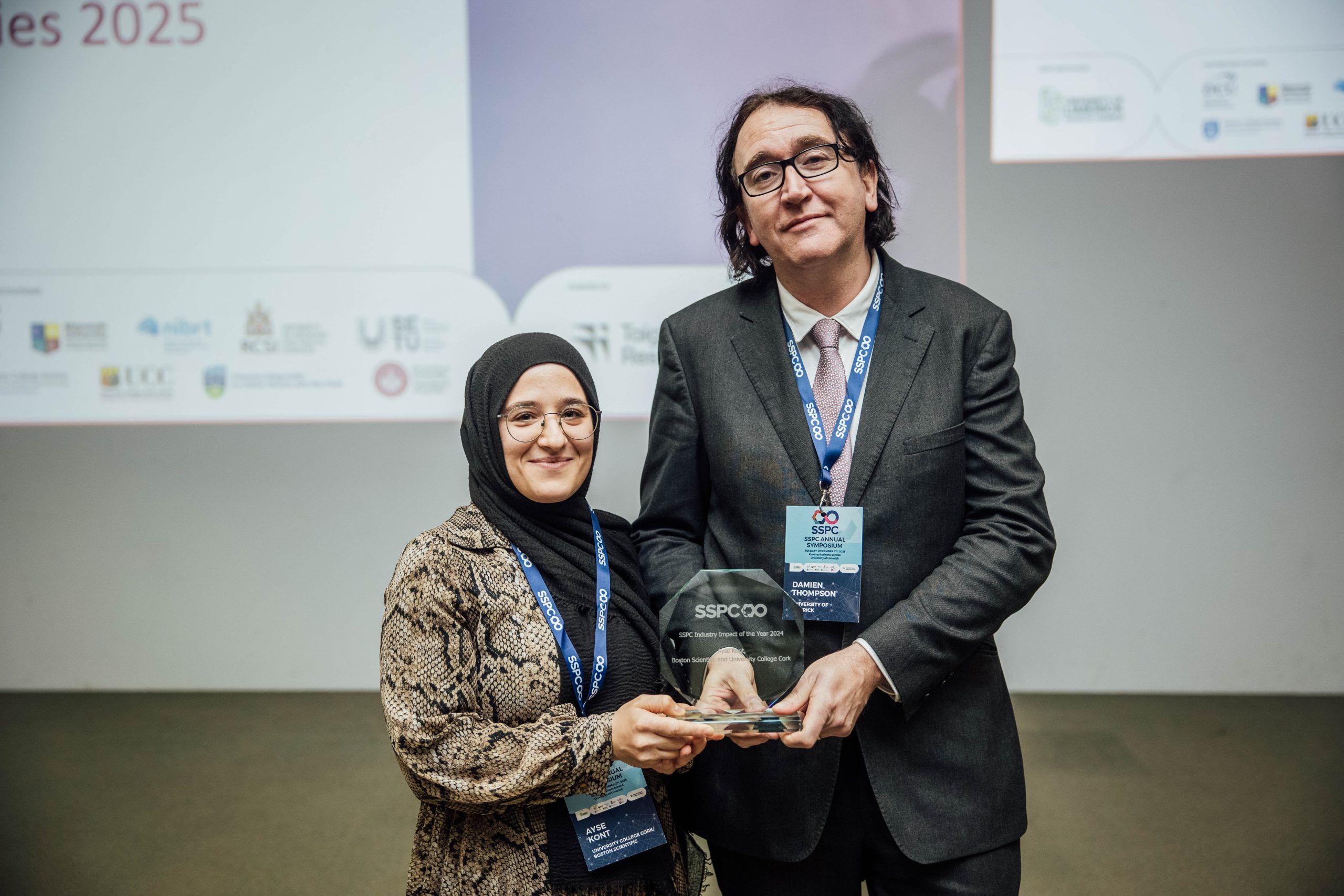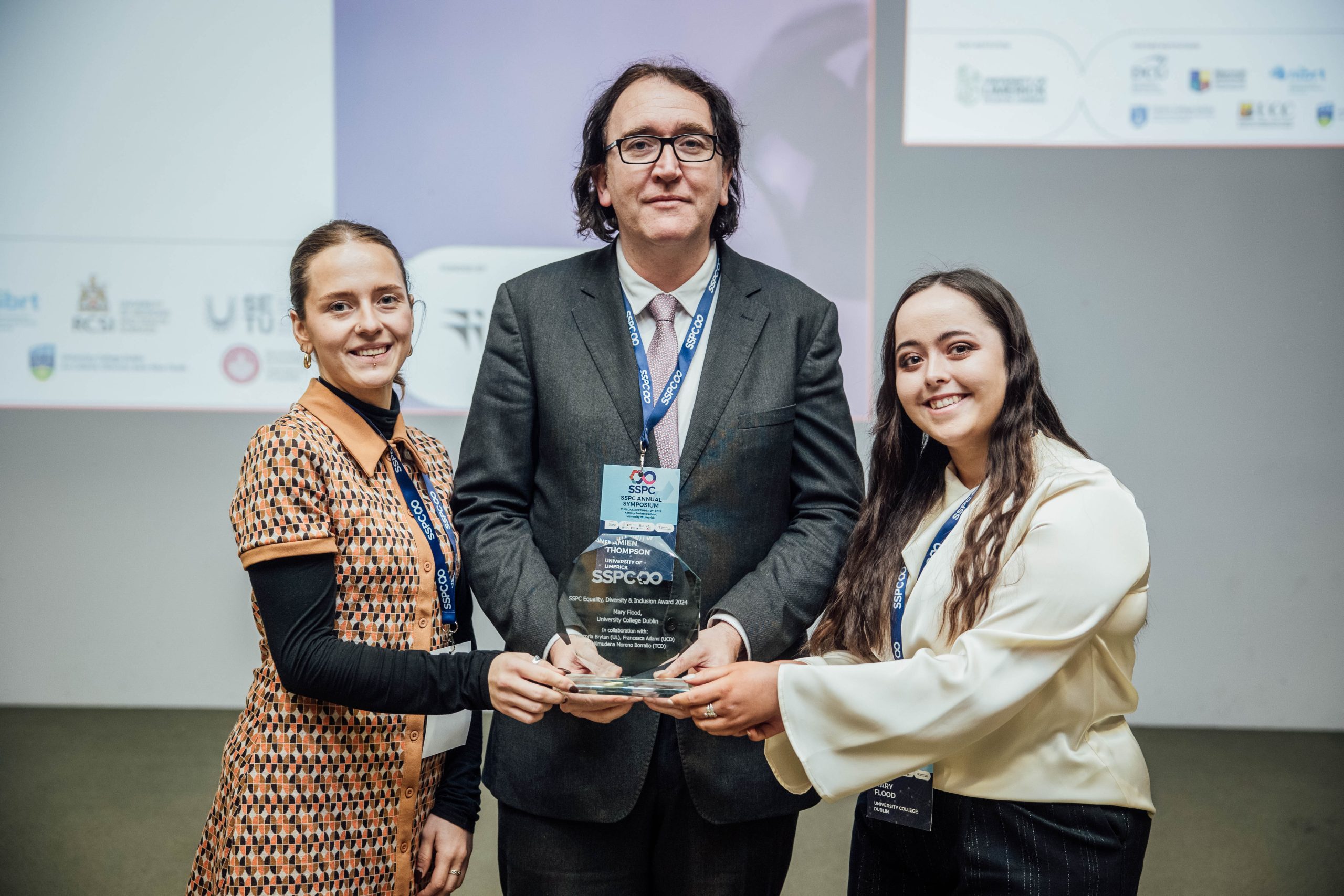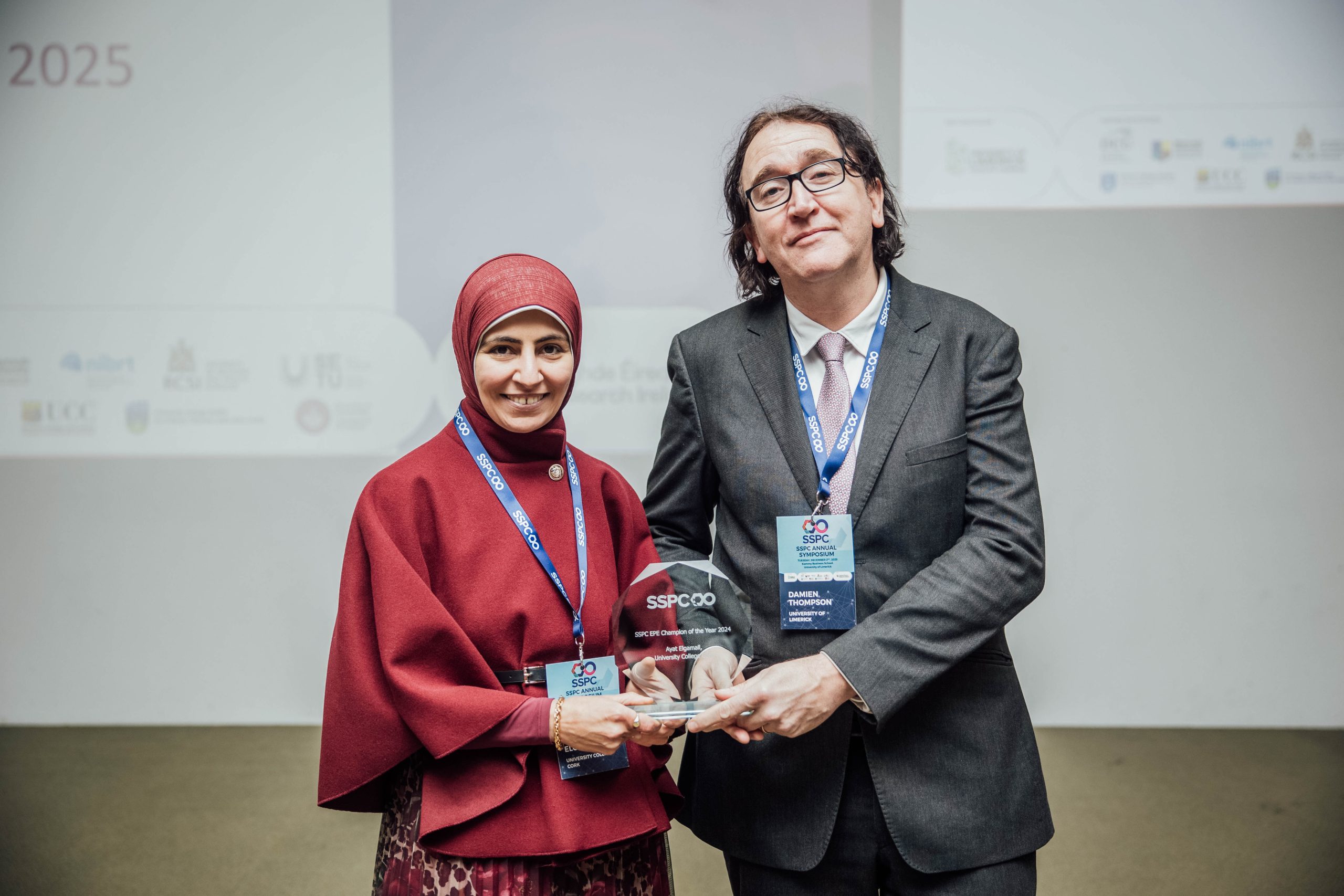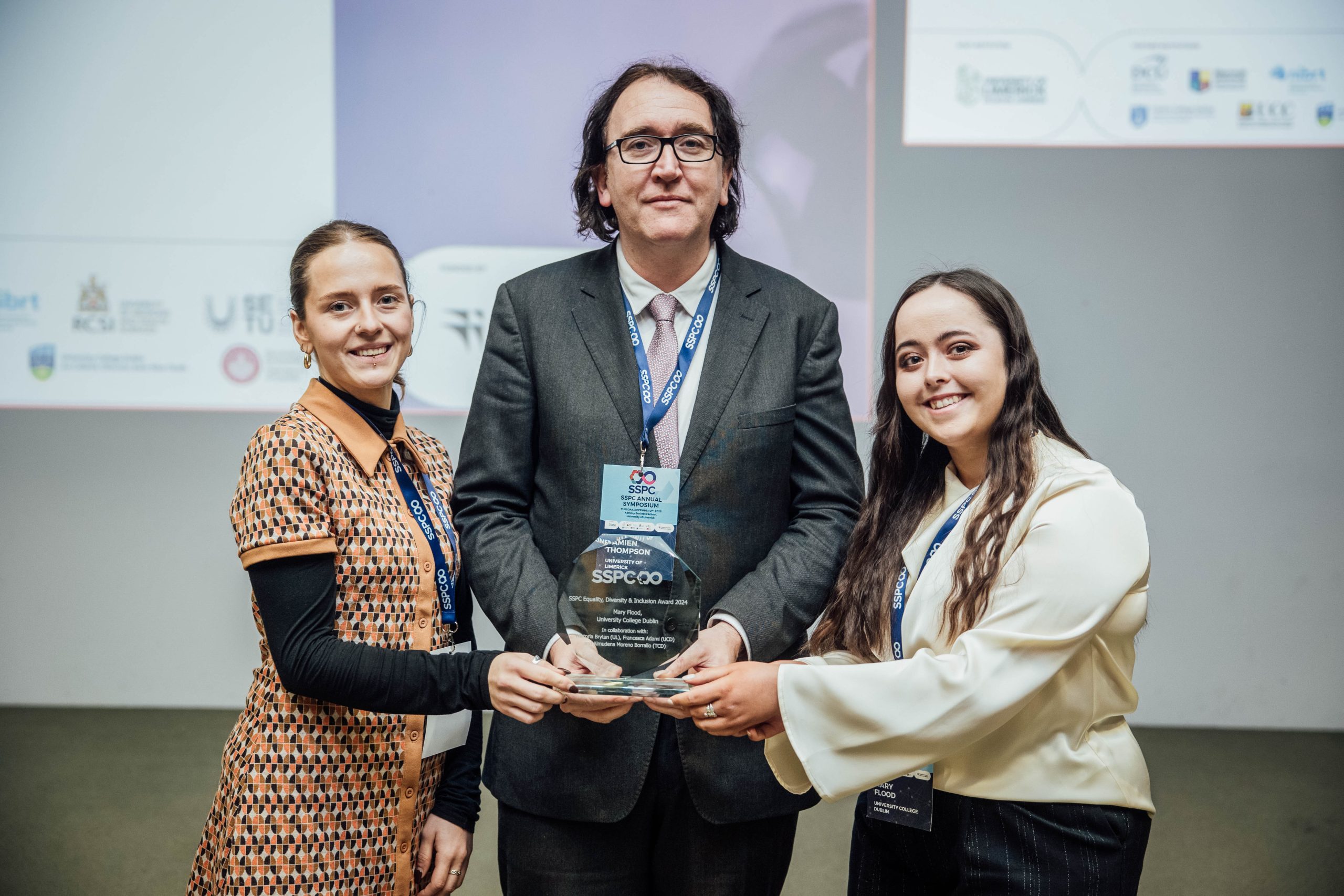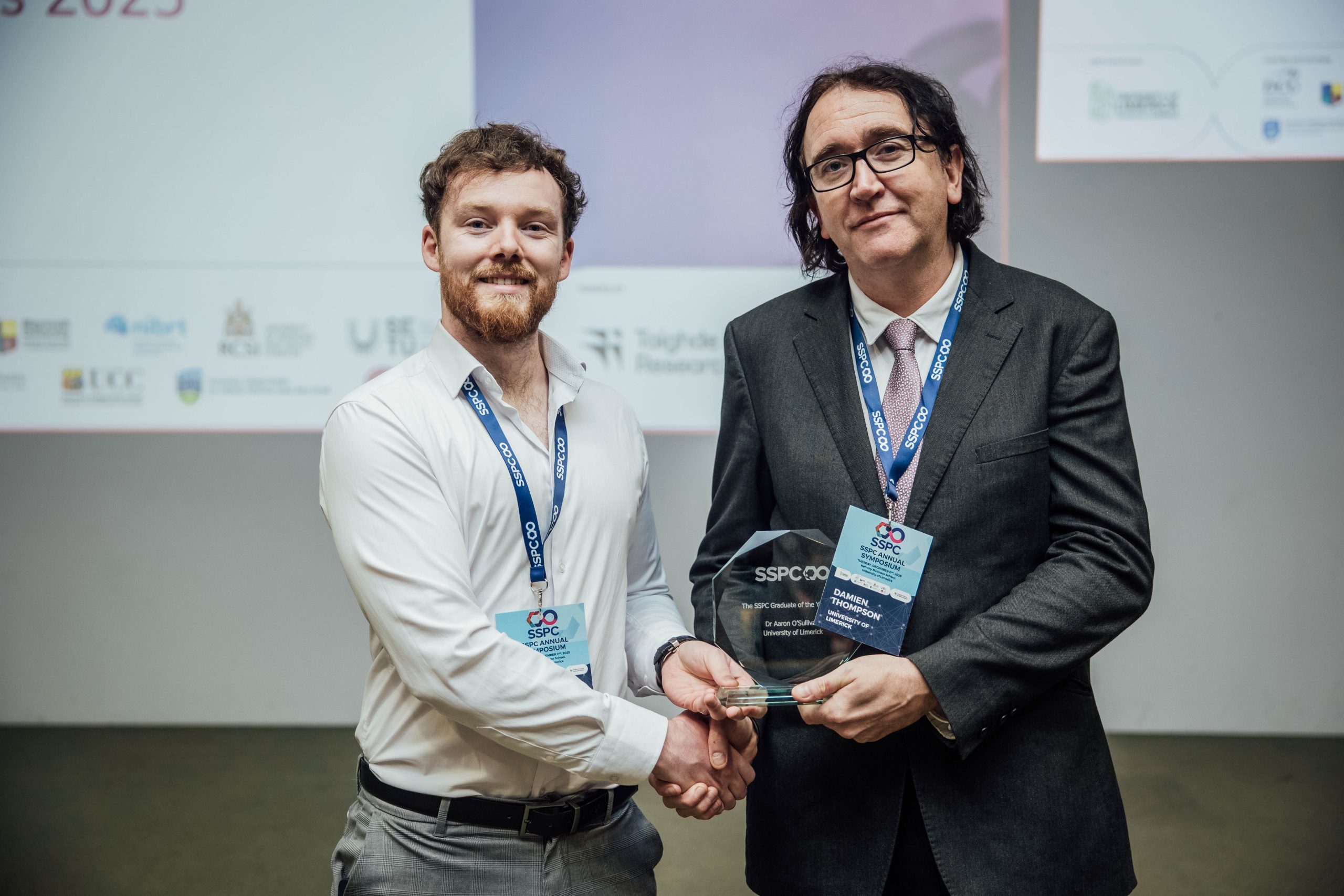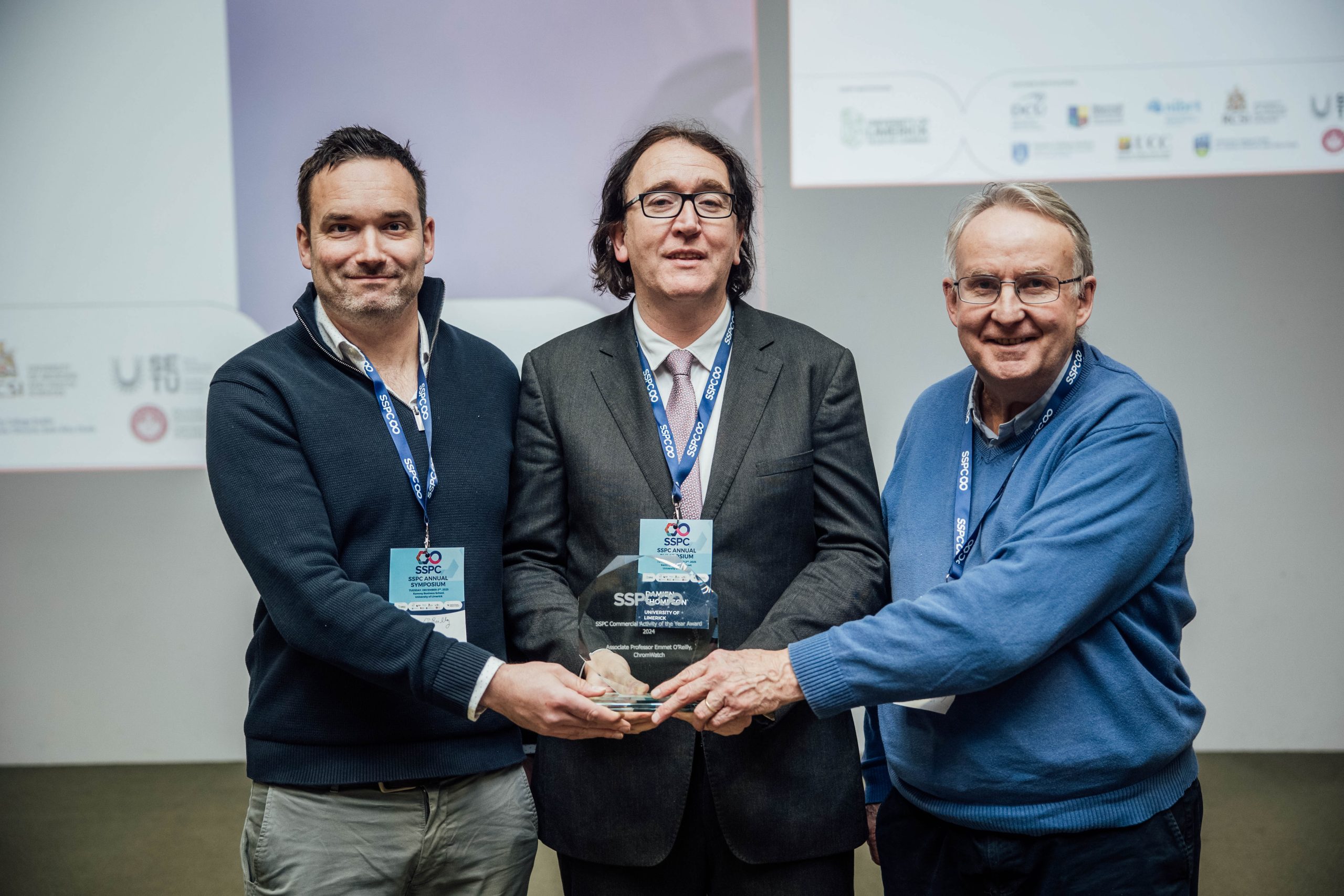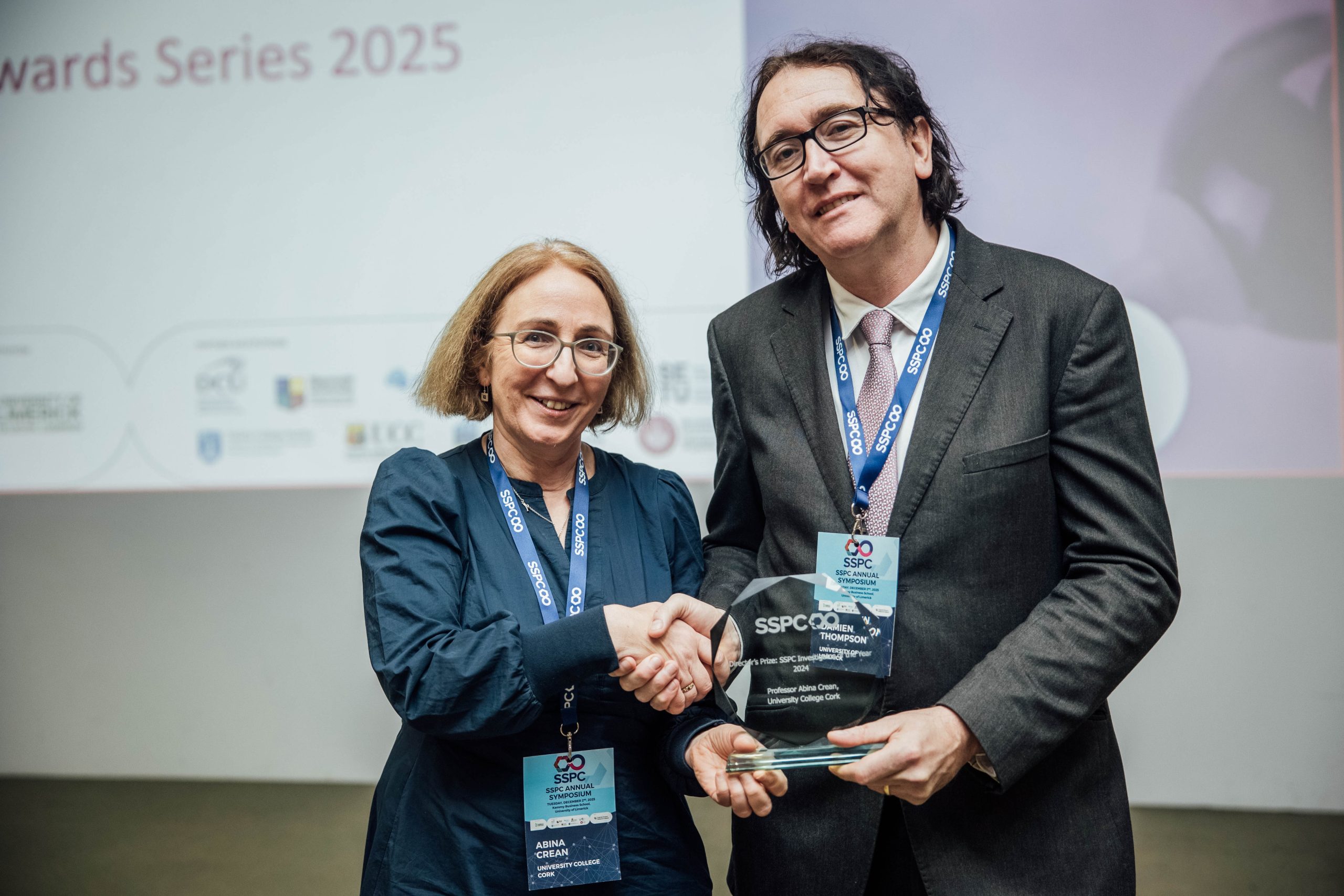
UCC researchers led by Dr Anne Moore, (left), School of Biochemistry & Cell Biology and Dr Sonja Vucen, (right), School of Pharmacy, University College Cork, have joined an international consortium which is collaborating to develop a vaccine to address the most widespread form of human malaria.
OptiViVax, is a new €7.8m international collaboration of nine institutions, including Oxford and Cambridge, which aims to optimise a vaccine for Plasmodium vivax malaria.
P. vivax is the most widespread human malaria with 2.5 billion people living at risk in Africa, South America, Oceania, and Asia.
Over the next 5 years the new OptiViVax consortium will build on breakthroughs in malaria research to integrate state-of-the-art advances in parasite immunology, vaccine design, and innovative clinical studies, to develop next-generation vaccines with increased efficacy against the P. vivax parasite.
UCC will be represented in the consortium by groups from the School of Pharmacy and School of Biochemistry & Cell Biology, led by Dr Sonja Vucen and Dr Anne Moore respectively.
Dr Moore, Senior Lecturer in Biochemistry and Cell Biology at UCC, explains:
“The decades of global research to develop effective malaria vaccines has finally culminated in the licensing of two malaria vaccines. However, both of these vaccines only target one type of the malaria-causing parasite (P. falciparum).
“Millions of people across the globe are still afflicted by another malaria-causing parasite; Plasmodium vivax. We urgently need to address this type of malaria. Although we can build on our knowledge gained in developing a P. falciparum vaccines, there are substantial differences between the two types of parasite and there are large gaps in our understanding of P. vivax.
“The OptiVivax consortium is coming together to collectively address these gaps and develop a P. vivax vaccine that protects people against this disease. We bring together our prior expertise in parasitology, clinical trials, vaccine development and vaccine deployment.
“In UCC, we are excited to contribute our expertise in developing needle-free, easy-to-administer vaccine patches, to this international effort. Our inter-disciplinary approach, across Dr Vucen’s group in the School of Pharmacy, and my vaccine group in the School of Biochemistry & Cell Biology is another example of the benefit of collective research across UCC Future Pharmaceuticals cluster,” she said.
Vivax malaria is transmitted rapidly from person to person by mosquitoes and, in contrast to P. falciparum, a single infection can result in repeated disease episodes that are initiated by dormant liver stages of the parasite. Remarkably, vivax relapse is thought to account for the majority of new infections (80-90%).
Vivax is more widespread than falciparum and recent studies show a significant burden of disease, particularly in young children and pregnant women. The revised Malaria Vaccine Technology Roadmap to 2030 recognises the severity of P. vivax malaria, calling for a vaccine intervention to achieve 75% efficacy over two years, equally weighted with P. falciparum.
The OptiViVax consortium brings together academics, non-profits and industrial partners, with expertise in vaccine development, manufacturing and clinical trials. The project will build on the expertise of its partners in P. vivax immuno-biology, preclinical functional assays, vaccine development, controlled human malaria infection (CHMI) clinical models and improved GMP bio-manufacturing know-how, to further develop next-generation vaccines with improved efficacy. The availability of new functional assays and human challenge models will underpin the future framework for informed decision making by the clinical vaccine community, policy makers, funders and regulators. The project is supported by funding from the European Commission, the UK, and Swiss governments.
The OptiViVax consortium kick-off meeting was held on the 19th September, hosted by the University of Oxford, at the Dorothy Crowfoot Hodgkin Building, Oxford, UK. The meeting brought together the 9 project partners from the EU, Ethiopia, Switzerland and UK, who will work in close collaboration towards first a first generation of P. vivax vaccines.

